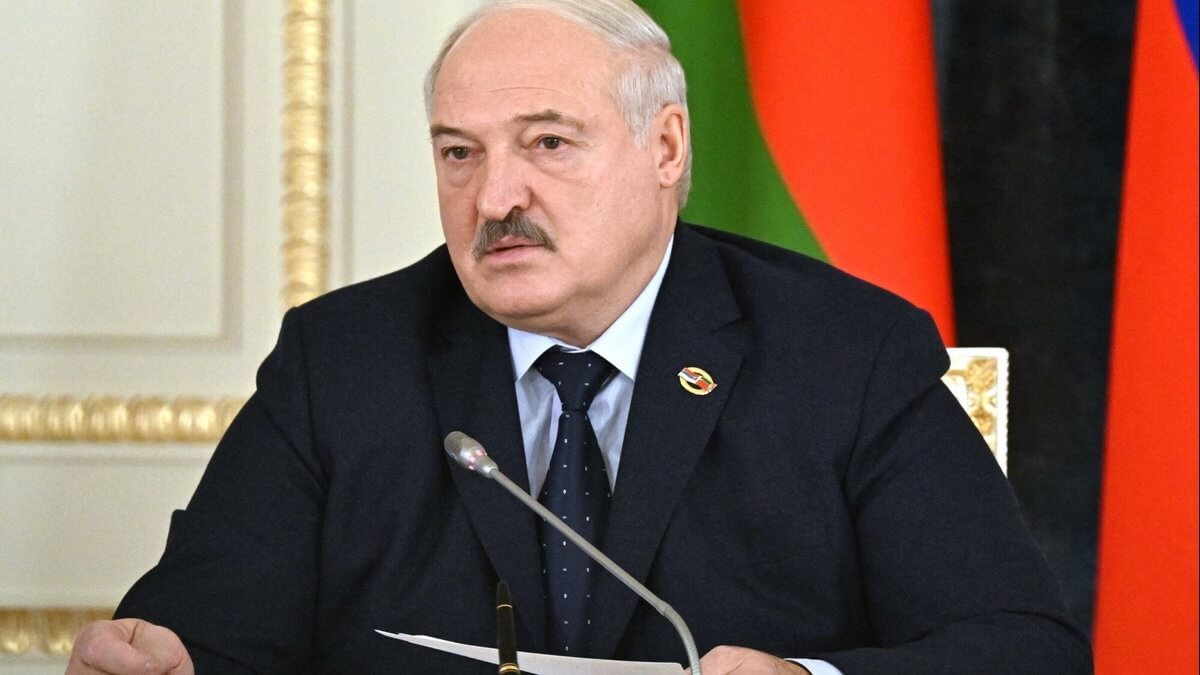Lukashenko allowed the army to shoot civilians with live ammunition. What does it mean?
Estimated reading time: 2 minutes
Belarusian President Alexander Lukashenko's recent decree sanctioning the use of live ammunition by the military against civilians has sparked concern and raised questions about its implications.

Alexander Lukashenko's ruthless decree. The army got permission
Belarusian President Alexander Lukashenko has issued a decree authorizing the country's military to utilize firearms, combat weapons, and specialized equipment against citizens, stipulating that such actions must consider the circumstances, the nature of the offense, and the perpetrator's identity in accordance with general military regulations.
The decree, branded by critics as a tool of the Belarusian dictator, empowers the army to employ weapons and physical force against civilians. It mandates that individuals targeted for potential use of force must be informed and given time to comply with legal requirements, with exceptions made in cases where delay poses an immediate threat to soldiers' lives or to public safety.
Physical force against citizens in Belarus
Previously, Belarusian legislation held military personnel accountable for the abuse of power resulting in the deployment of physical force, specialized equipment, or weaponry. However, recent amendments to state security laws permit the use of weapons against women, children, and disabled individuals in scenarios involving armed resistance, group attacks, or actions endangering human life or health.
Regarding the presence of Russian military forces in Belarus, Deputy Head of the Main Intelligence Directorate, Vadym Skibicki, estimated their number at around 9,000. Analysts at the US Institute for the Study of War have suggested that Russia's deployment in Belarus aims to bolster training capabilities and wage information warfare against Ukraine and Western interests, rather than prepare for a renewed attack on Ukraine from the north.
Meanwhile, Norwegian Defense Minister Bjorn Arild Gram has called for preparedness for potential conflict amid escalating tensions with Russia. Gram emphasized Russia's unlikely transition to democracy and warned of increased military presence along Norway's borders, underscoring the urgent need for substantial defense investments to respond effectively alongside allies.
Gram highlighted the enduring nature of Russia's current political landscape, characterized by the absence of dissent, press freedom, and civil society, warning that these conditions will persist beyond the conclusion of hostilities in Ukraine. He stressed the importance of understanding that the situation will endure, regardless of desires for the conflict in Ukraine to cease.



